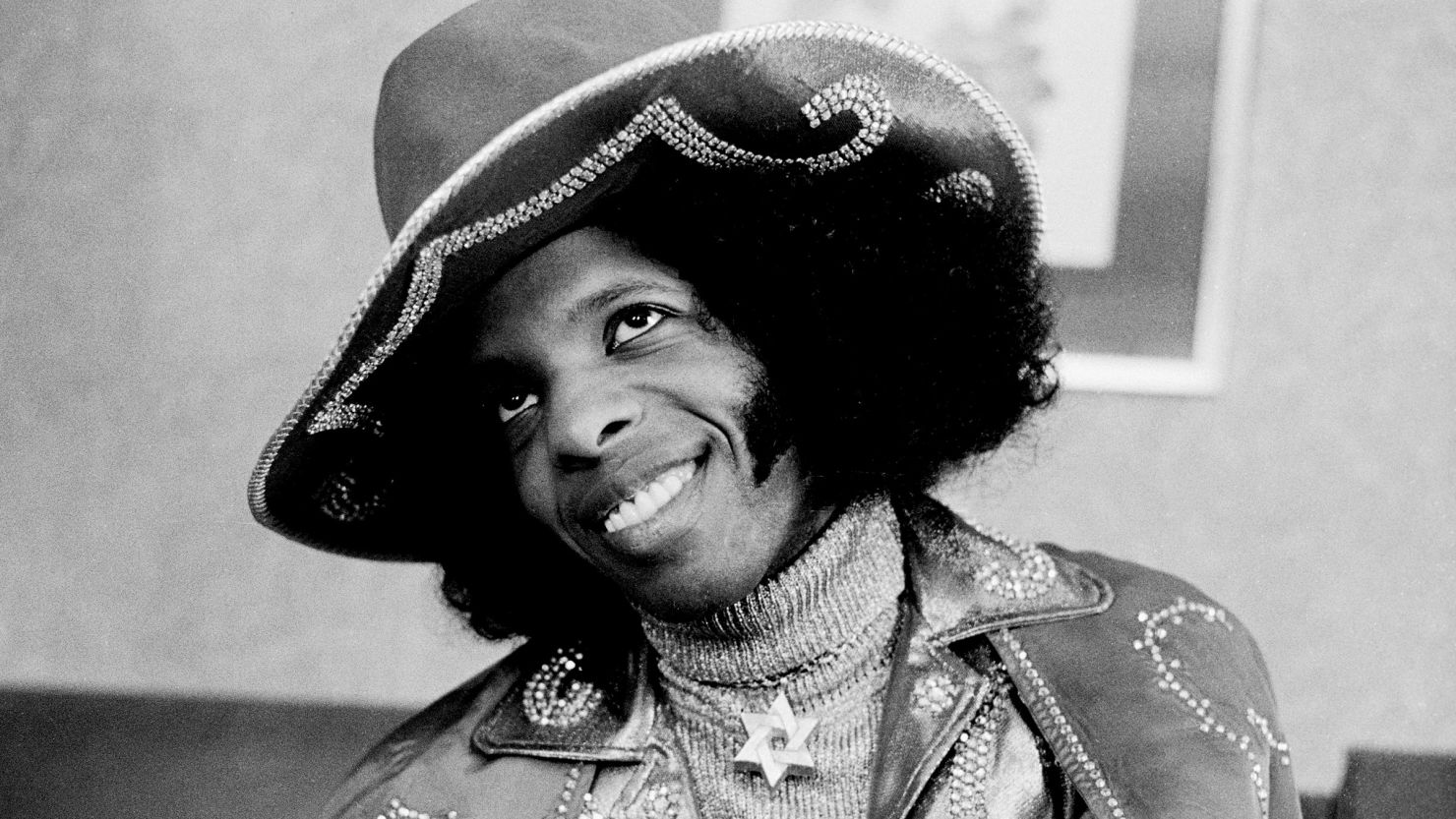
Sly Stone's Musical Revolution
“I Want to Take You Higher!” When Sly Stone shouted these words into the dawn light at the 1969 Woodstock festival, he instantly ignited tens of thousands of weary souls. This small-statured man in a sparkling vest and an afro prophesied a freer, more integrated world through his music. Yesterday, this legendary figure who fundamentally reshaped the landscapes of pop, funk, and rock – Sly Stone – quietly passed away in Los Angeles at the age of 82.
He wasn't an idol; he was a revolutionary. Sly and the Family Stone, a band comprised of Black and white, male and female members, was itself a thunderclap in late-1960s American society. Amidst frequent racial unrest, their stage became a testing ground for utopia. As Sly sang in the classic "Everyday People": "Different strokes for different folks, We got to live together." This lyric echoes powerfully even half a century later.
His music was both antidote and prophecy:
-
Dance-floor anthems turned social manifestos: Irresistible grooves like "Dance to the Music" and "Thank You (Falettinme Be Mice Elf Agin)" were wrapped around cries for equality and self-acceptance.
-
A sonic laboratory: He melted the sanctity of gospel, the intimacy of R&B, and the frenzy of psychedelic rock into the crucible of funk. George Clinton marveled: "Sly was like all the Beatles and all of Motown in one!"
-
Hip-hop's unseen godfather: He was one of the first mainstream artists to embrace the drum machine. Those iconic rhythmic fragments – from "Family Affair" to "There's a Riot Goin' On" – nourished countless hip-hop giants.
After the Peak, Into the Mist: By the early 70s, as the band recorded the epochal album There's a Riot Goin' On in a Beverly Hills mansion, drugs and internal fractures were already consuming the afterglow of the Summer of Love. Sly became elusive, frequently missing shows. His explanation carried a poet's defiance: "Sometimes you don’t feel your soul at 7:30."
"Enigmatic" defined his later life:
-
The Vanishing Star: At the 2006 Grammys, he materialized with a platinum mohawk and a silver suit, performed a few bars, and vanished into the applause – leaving behind one of rock's coolest mysteries.
-
The Hermit in the RV: Shedding the spotlight, he chose to dwell in a white camper van. Asked why he abandoned mansions, he replied simply: "I like my small camper... I cannot stand being in one place. I must keep moving."
-
Belated Coronation: Thanks to the relentless efforts of friend Questlove (director of Summer of Soul), recent documentaries and his memoir Thank You (Falettinme Be Mice Elf Agin) finally introduced a new generation to this underappreciated genius.
His Legacy Lives in Every Bass Slap: From Prince's seductive funk to Michael Jackson's rhythmic pulse, from D'Angelo's neo-soul whispers to the Red Hot Chili Peppers' wild riffs, even Miles Davis' jazz experiments – the long shadow of Sly Stone falls everywhere. As critic Joel Selvin stated: "There was Black music before Sly Stone, and Black music after Sly Stone."
Sly is gone, taking with him a lifetime of complexity and brilliance. He grew weary of hotels, airplanes, and public scrutiny, ultimately returning to his purest identity – someone who just wanted to "play my songs." That white RV may be parked for good, but the music – blending ecstasy and sobriety, fusing Black and white, transcending gender – still pulses on dance floors, through headphones, in every heartbeat yearning for freedom, taking us higher. His legend isn't a period; it's an eternal crescendo. 🎶
Your playlist might not have a Sly song, but every modern pop, funk, or hip-hop track you hear carries his DNA.




